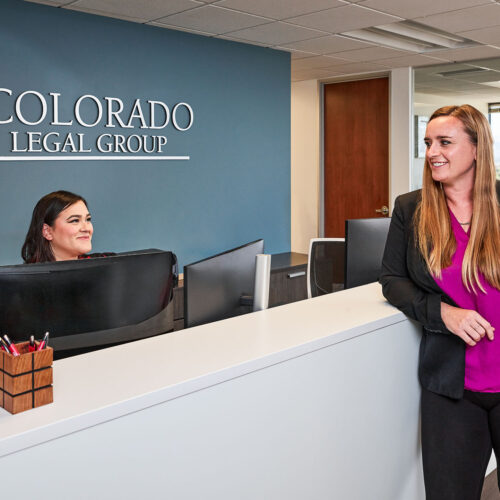Frequently Asked Questions
What is a contested, litigated Divorce?
A litigated divorce is a divorce that is started with no agreements as to the form or process of the proceedings. One party files a Petition that is served on the other party, who has thirty days to respond, and who often files a counter-petition. The parties then start the formal process of discovery and file any motions that need to be heard by the court. Even though a divorce may start as a litigated divorce, it is important to know that the vast majority of litigated divorces are nonetheless resolved through settlement.
Will I have to testify if my case goes to trial?
Remember that even if your case is in litigation, the case majority of cases end in settlement and do NOT go to trial. However, in divorce and family law, if your case does go to trial, it is almost a certainty that your lawyer will want you to testify.
Will my friends and family be called to testify at trial?
It is important to understand that real trials look nothing like what you see on t.v. Our lawyers focus on bringing all of the facts to court that are necessary for the judge to make the right ruling. That usually does NOT involve a lot of witnesses outside of the parties themselves. But sometime it is necessary to call witnesses like your friends, family members, and acquaintances testify. Sometimes it is also necessary to call outside experts to provide testimony in your case as well.
Will I get a jury trial for my case?
In Colorado, all divorce and family law trials are heard by judges. Colorado courts do not grant individuals the right to a jury in these types of cases.
How is spousal support determined in a contested divorce case?
Spousal support (alimony) is often a contested issue in divorce, especially for high-asset couples. In Colorado, advisory guidelines help calculate maintenance based on income and marriage length, but courts consider various factors before deciding. Both spouses must disclose financial details to ensure accuracy. If they disagree, attorneys present evidence, such as career sacrifices or earning potential. Experts may assess income capacity or hidden assets. Judges review financial affidavits, expert testimony, and statutory factors before ruling. Given the financial impact, legal guidance is essential. Colorado Legal Group specializes in complex financial divorces, advocating for fair and favorable outcomes.
Can we use divorce mediation or collaborative divorce instead of going to court?
Yes. Many divorcing couples in Colorado settle outside of court through mediation or collaborative divorce. Mediation involves a neutral mediator guiding discussions on property division, spousal support, and parenting plans, helping both parties reach an agreement submitted for court approval. Collaborative divorce requires both spouses and their attorneys to resolve matters cooperatively, avoiding trial. If litigation is pursued, both attorneys must withdraw, encouraging negotiation. These methods save time, money, and stress compared to court battles, and Colorado courts often recommend them. At Colorado Legal Group, our attorneys provide expert guidance in both mediation and litigation, ensuring your interests are protected.
What role do expert witnesses and financial experts play in a contested divorce?
In a contested divorce, expert witnesses provide crucial evidence to strengthen your case. Financial experts, like forensic accountants, can uncover hidden assets and assess business values, while real estate appraisers determine property worth. In custody disputes, child psychologists or evaluators offer insights on the child’s best interests, and vocational experts assess earning capacity. Their testimony helps the court make informed decisions. At Colorado Legal Group, we work with top experts to ensure every detail is covered, building the strongest case for our clients.
Who decides the outcome in a contested divorce if we cannot reach a settlement?
If you and your spouse cannot reach an agreement on some or all issues, then a judge will have to decide the outcome of your contested divorce. In Colorado, that means your case goes before a judge in family court. The judge will hear evidence and arguments from both sides on each disputed issue — whether it’s division of assets, spousal support, or parenting time — and the judge will make the final decisions. Those rulings are then formalized in the court’s orders and ultimately in the final divorce decree.
What are the steps in a contested divorce in Colorado, from filing to final decree?
A contested divorce follows these key steps:
- Filing the Petition: One spouse files for divorce, serving the other party, who then has time to respond. This filing outlines key issues like property division and support.
- Financial Disclosures & Discovery: Both parties exchange financial documents, and attorneys may use discovery tools or experts to assess assets and income.
- Negotiation & Mediation: Attorneys negotiate, often using mediation to settle disputes. If all issues are resolved, a written settlement is submitted to the court.
- Trial (If Necessary): If disputes remain, the case goes to trial, where both sides present evidence, and a judge makes final decisions.
- Final Divorce Decree: The court issues a decree outlining property division, support, and custody arrangements, legally ending the marriage.
Legal guidance is crucial throughout. Colorado Legal Group ensures your interests are protected at every stage.




